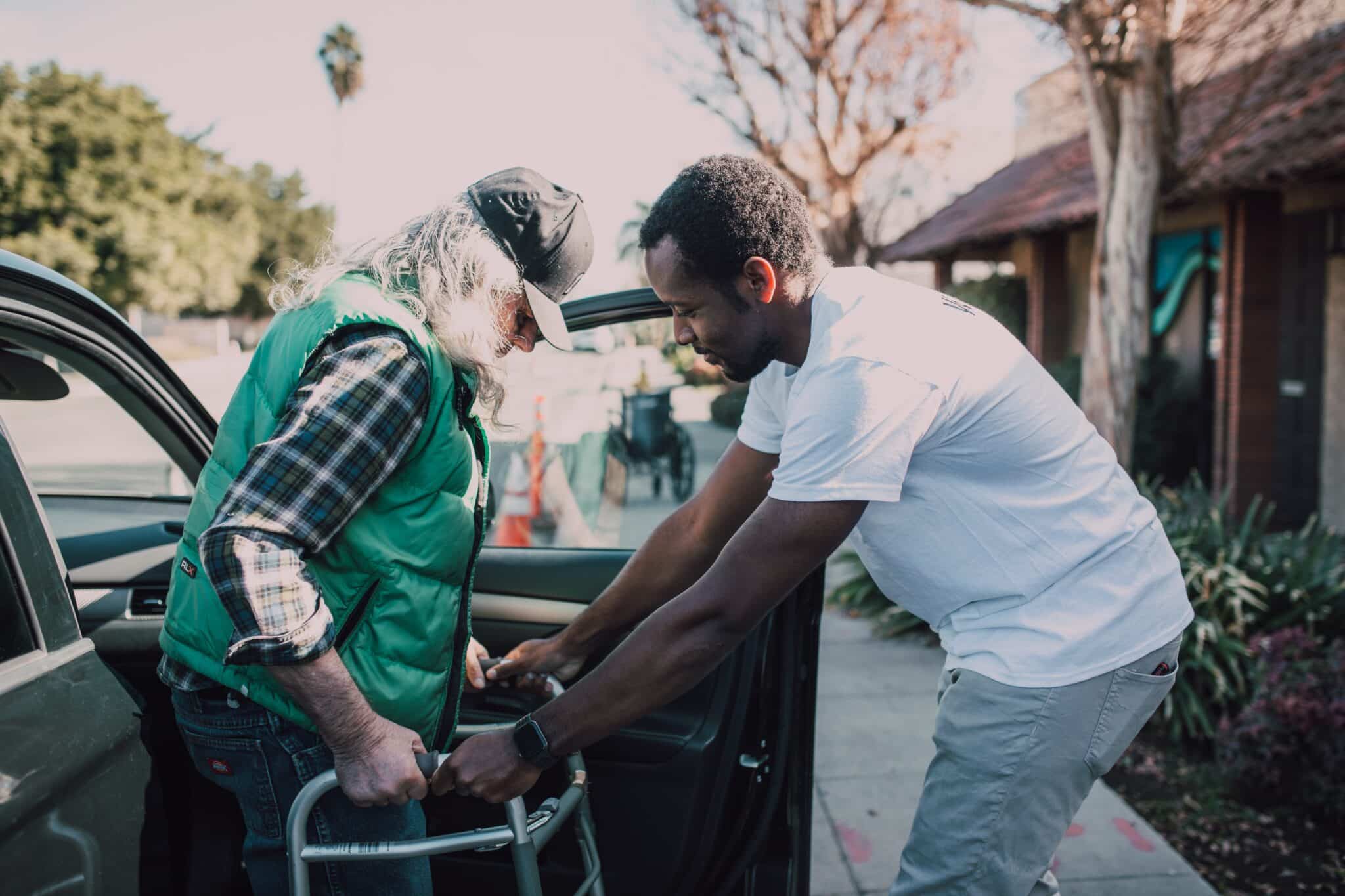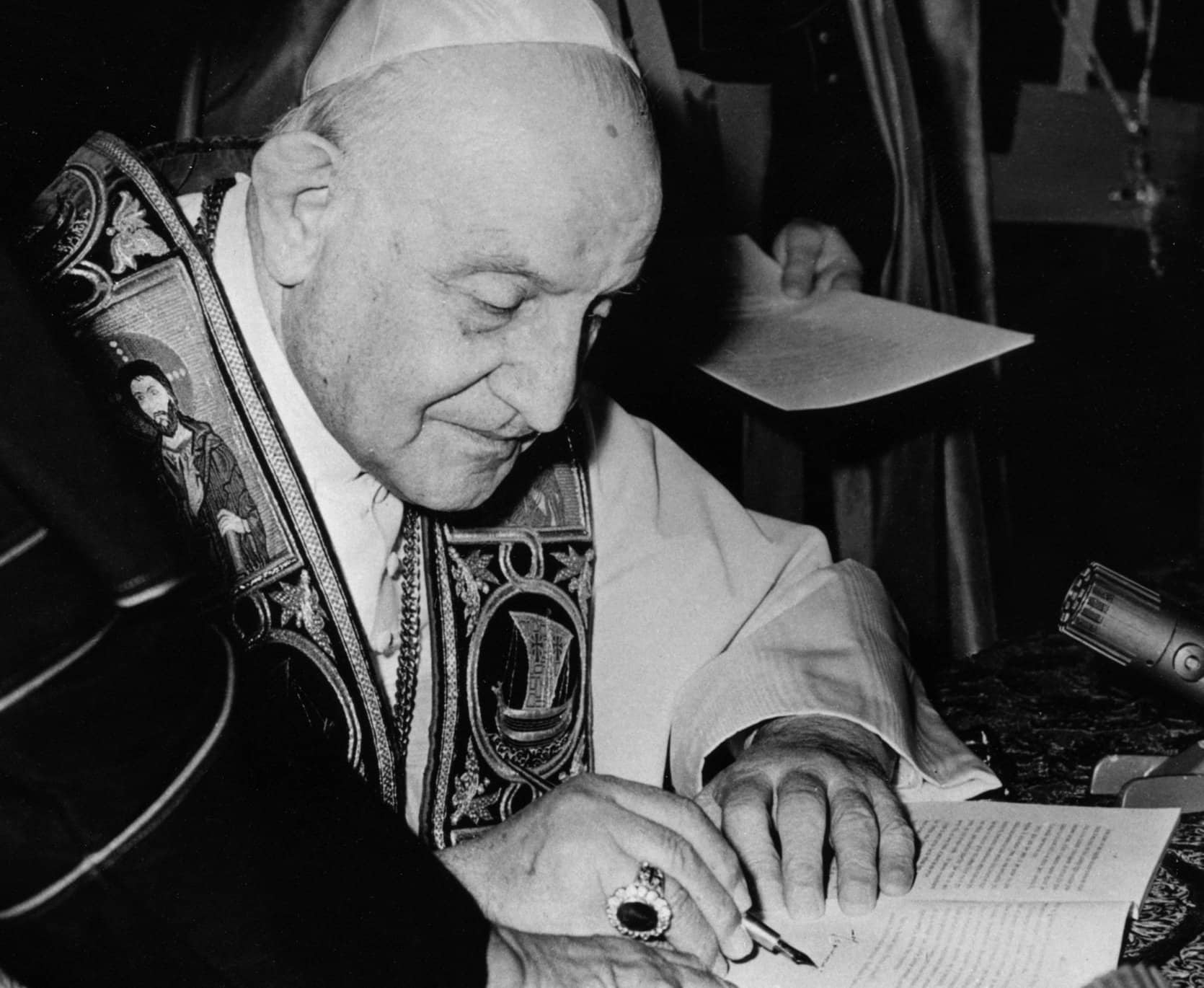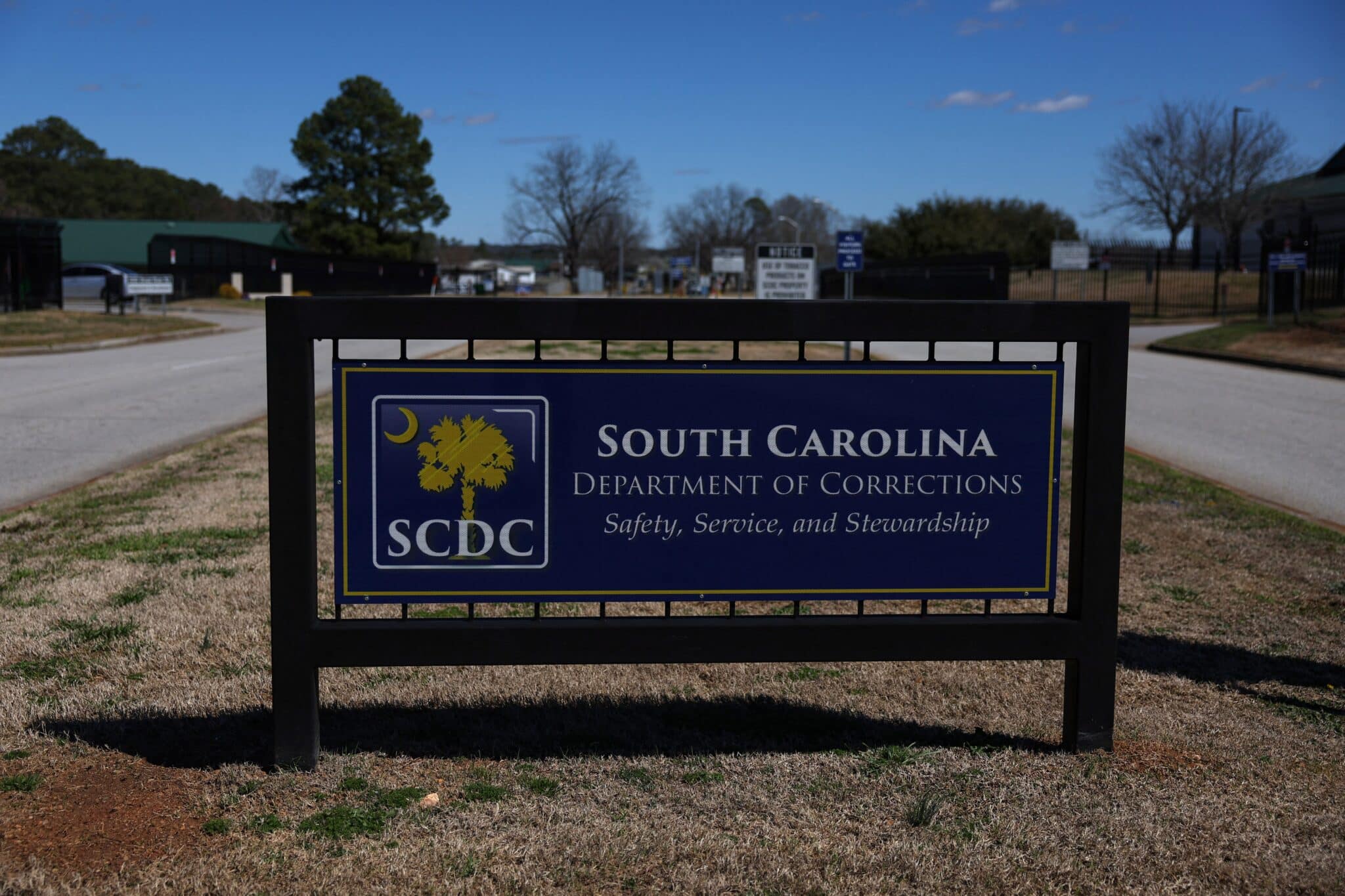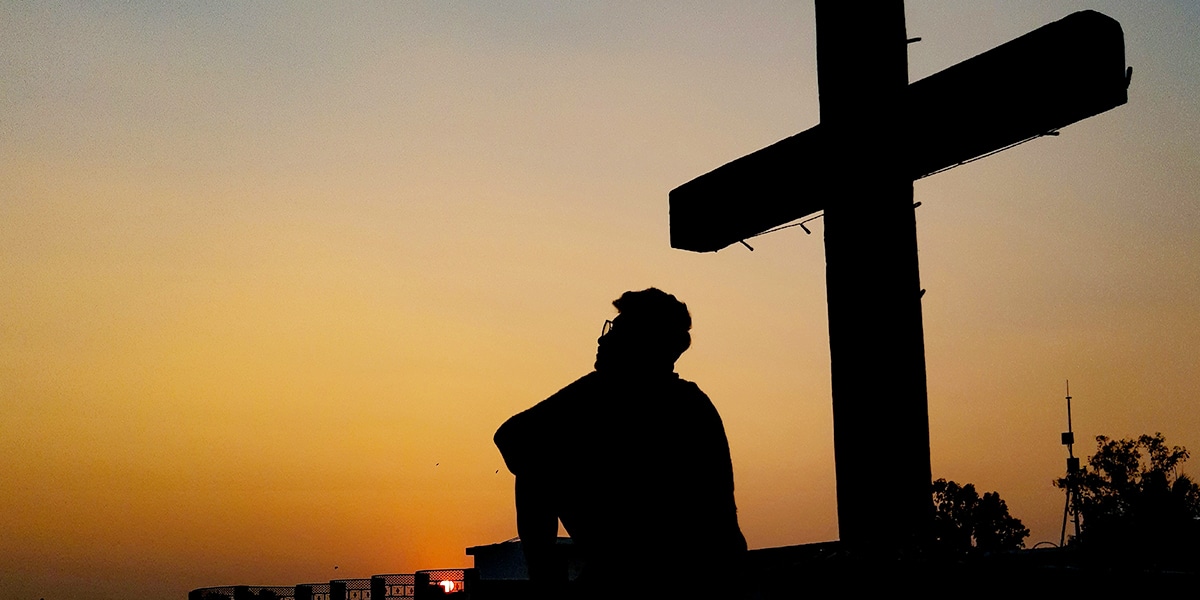READ
First reading: Acts 14:21-27
Second reading: Rev 21:1-5a
Gospel: Jn 13:31-33a, 34-35
UNDERSTAND | By Father Greg Friedman, OFM
During World War II, my great uncle in Italy served as a “partisan,” a resistance fighter against the Nazis, and he gave his life for that cause. Resistance fighters like him fought throughout occupied Europe. They had to communicate secretly, often in code, as they tried to give hope to their captive brothers and sisters.
On these Easter Sundays, we read from the Book of Revelation. This New Testament work is puzzling, with its strange descriptions and symbolism. Many readers misunderstand its purpose, and try to find involved, often convoluted references to specific events in our own time or the future. But much of Revelation refers to the time in which it was written. Like those resistance fighters in occupied Europe, the early Christians lived through persecution under Roman rule. I like to understand the Book of Revelation as a kind of “resistance literature,” a message of hope shared by persecuted Christians. Jesus has triumphed over evil; God’s enemies will be defeated, even death itself.
Today, we Christians face our own troubles. We need to hear encouragement, as the Book of Revelation tells us that all will be made new, that death is not the end. It’s an ancient message of hope as new as today’s dawn.
CLICK HERE TO LISTEN TO THE AUDIO.
DISCUSS | By Father Dan Kroger, OFM
According to this week’s first reading, what happened to Paul and Barnabas when they traveled to Lystra?
In the second reading, John had a vision of a new heaven and earth. What city did he see coming down from heaven?
What is the new commandment that Jesus gives in the Gospel and what will the disciples love for one another show to everyone?
ACT | By Susan Hines-Brigger
Do something this week to demonstrate your love for your family members or a friend.








